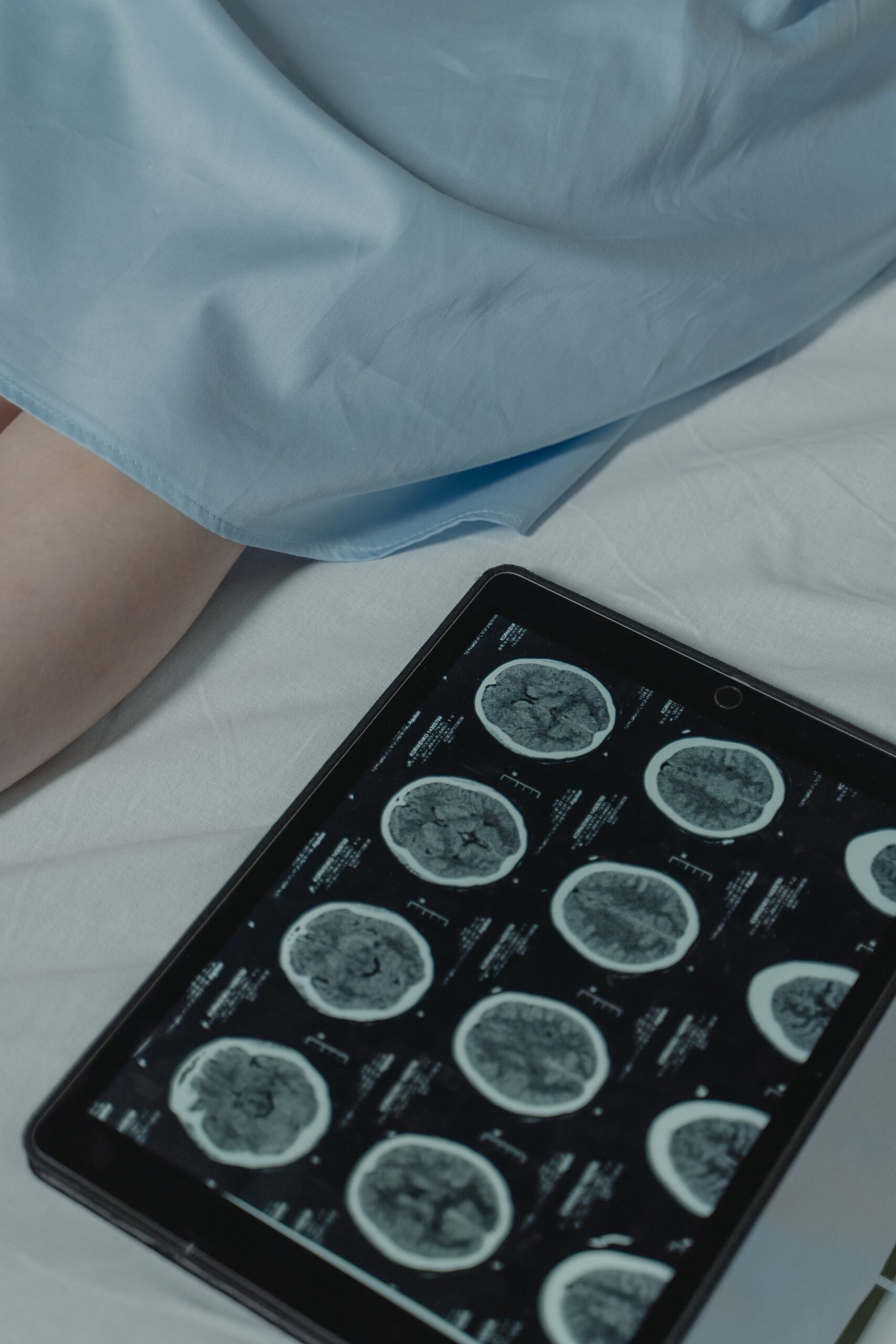menu

Stop Eating Disorder Behaviors: Override Subconscious Programming in Your Brain
category 4
category 3
category 2
category 1
blog
categories
book your 1:1 call
connect with me
I utilize my own shared recovery experience to provide compassionate recovery care and empower clients to a life of health and wellness.
a Certified Eating Disorder Recovery Coach based in Dallas, Texas.
i'm merrit elizabeth
Looking for information on bulimia specifically?
visit the conquering bulimia blog
What if you could stop eating disorder behaviors by overriding the eating disorder programming in your subconscious, and retrain your conscious mind to reach full recovery?
Eating disorders and the use of eating disorder behaviors are the physical and mental manifestations of many influencing factors. Every system in your body is affected. I often say that eating disorders are not your fault, but they are your responsibility. There can be no blame for a mind and body that has become compromised by hidden lifelong subconscious programming regarding food, exercise, and body image. Messaging from birth has told us who we should be, how we should act, and what we should look like. In turn, the thoughts and behaviors that we practice and prioritize on the conscious level also teach our brain how to react in any circumstance.
At first, this may seem unchangeable, but consider how your subconscious was programmed and how you trained your brain with habits to react negatively with eating disorder behaviors. If this could be done once, it can be done again! Over time, YOU can write new subconscious programming and create new neural pathways in your brain. This is neuroplasticity and you have the power to stop using eating disorder behaviors. This article will explore three ways to override subconscious programming and become more aware of your eating disorder behaviors on a conscious level.
1. Self-hypnosis and guided visualization can help to rewrite subconscious programming
You can use headphones to listen to a hypnotherapy/meditation app every night before bed, this works on the subconscious level. Just before bed, your brain is most susceptible to suggestion. 95% of our day is driven by subconscious programming, including positive and negative thoughts and behaviors. I recommend the Open, Aura, and BrainTap apps. Listen to the same session every night for several days in a row before switching to a new one. A regular hypnotherapy or visualization practice helps to raise your awareness of old automatic thoughts while also improving resilience to daily stress and anxiety. As you begin to adopt new thoughts and feelings regarding food and your body, you will simultaneously increase your tolerance to triggers and prevent eating disorder behaviors. Learning to sit with discomfort is an important skill during recovery.

2. Daily rituals help your brain create new neural pathways
Daily rituals repeated at the same time in the same way work on the conscious level. Your brain creates new neural pathways as you learn new skills. Because your brain is energy efficient, it will always utilize the old embedded neuropathways until the new (responses) are firmly embedded. New habits require at minimum 1-3 months of daily commitment. Individuals of different ages and stages of recovery attempting to learn new coping skills may require more. We are all individuals and there is no way to specify exactly how long it may take. Even as you build momentum in creating new habits, it is still normal to experience discomfort and setbacks.
I recommend that all clients build a sustainable morning and evening routine. Personally, I include sunlight within the first half hour of waking, in addition to hydration, meditation, and reading in my morning routine. In the evening, I include breathwork and visualization just prior to bed. You may prefer prayer, yoga, goal setting, self affirmations, or walking. Rituals are not a competition for how much you can accomplish. Customize your routine to include practices that address your mind, body, and soul. What sets you up for a happy successful day and what brings you peace and deep restorative sleep at night are the only ones you need to incorporate.
3. Daily deep sleep is crucial to emotional processing
Deep sleep at night is the prime time for the brain to embed your new skills & habits. Without it, you won’t build new habits. According to The National Heart, Lung, and Blood Institute, adults need between 7-9 hours of sleep. Teens between 13-18 years old need between 8-10 hours of sleep per day. In order to prevent utilizing eating disorder behaviors to cope with negative emotions, we need to be able to sit with uncomfortable emotions. Adequate sleep is also significant for regulation of our emotional brain state. Hormones needed for mood stabilization, metabolism and executive decision making are also affected by sleep. Learning and implementing new skills and practices requires awareness, patience and commitment. Sleep is our best friend during recovery! In the article Emotion, emotion regulation and sleep: An intimate relationship, you can read more about the relationship between sleep and emotional regulation.

Conclusion: You have the power to change your brain and eliminate eating disorder behaviors
Neuroplasticity is the ability of our brains to change and grow new neural pathways. As long as your brain has the nourishment it needs to function, you have the power to substitute powerful positive new responses for old eating disorder thoughts and behaviors. Self-hypnosis, guided visualization, daily rituals, and regular deep sleep are key factors in reaching full recovery. You are both the creator and main character in your life. Rewrite old programming and start writing your next chapter now!
If you are interested in private eating disorder recovery coaching, I’d love for you to reach out! Need more information on eating disorder coaching before you reach out? Check out this article I wrote that explains exactly how an eating disorder coach can help you transform your relationship with food.
Recommended Reading
Want to learn more about neuroscience and epigenetics? Try these two books:
The Source by Dr. Tara Swart Bieber, neuroscientist, medical doctor
The Biology of Belief by Dr. Bruce Lipton, cell biologist, pioneer in epigenetics

Merrit Elizabeth Stahle is an Eating Disorder Recovery Coach certified by The Carolyn Costin Institute. She holds a master’s degree in Health Promotion Management and a certification in Applied Neuroscience. She is fully recovered from an eating disorder and she has years of experience working with women with eating disorders.
Leave a Reply Cancel reply
next post
previous post
browse categories
read or leave a comment +